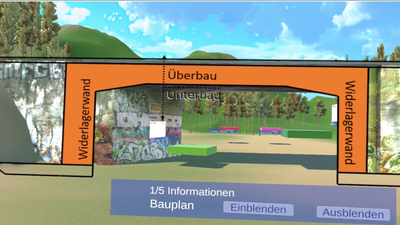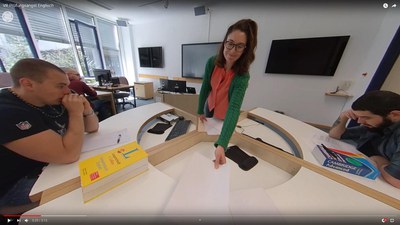NEW PUBLICATION - Stability of Vocational Interests During University Studies
2 Mai 2023
Abstract: Students’ vocational interests can be described by Holland’s theory of occupational choice. Holland distinguishes six interest dimensions here: realistic, investigative, artistic, social, enterprising, and conventional. Although these attributes are relatively stable during adolescence, their stability increases dramatically during university studies. Because vocational interests are often a factor in career counseling and the choice of what to study, it is essential to investigate the extent to which they develop during the first years of college. This study examines the NEPS first-year student cohort to investigate the stability of students’ interests and aspirations. The paper analyzes 2,442 male and 3,435 female students who studied within one of six major study clusters and provided data about their vocational interests at Wave 1 (study entry) and Wave 9 (about 4.5 years later close to the end their studies). The study’s results show strong and highly significant correlations for all interest dimensions, as well as a high stability of students’ aspirations. The correlations were strongest for artistic interests and weakest for conventional interests and were distinguishable between most dimensions. Furthermore, the analyses showed notable differences with respect to gender and field of study. Further analyses went beyond a variable-centered towards a person-centered approach showing that students with a stable interest vector also displayed higher profile correlations and a higher person-environment fit. The analysis shows that 28% of the sample are still developing their interests. This indicates notable adaption processes during university time that should be factored into course design, career counseling, and further research.
The article can be accessed at the following link: https://econtent.hogrefe.com/doi/10.1027/1614-0001/a000392




